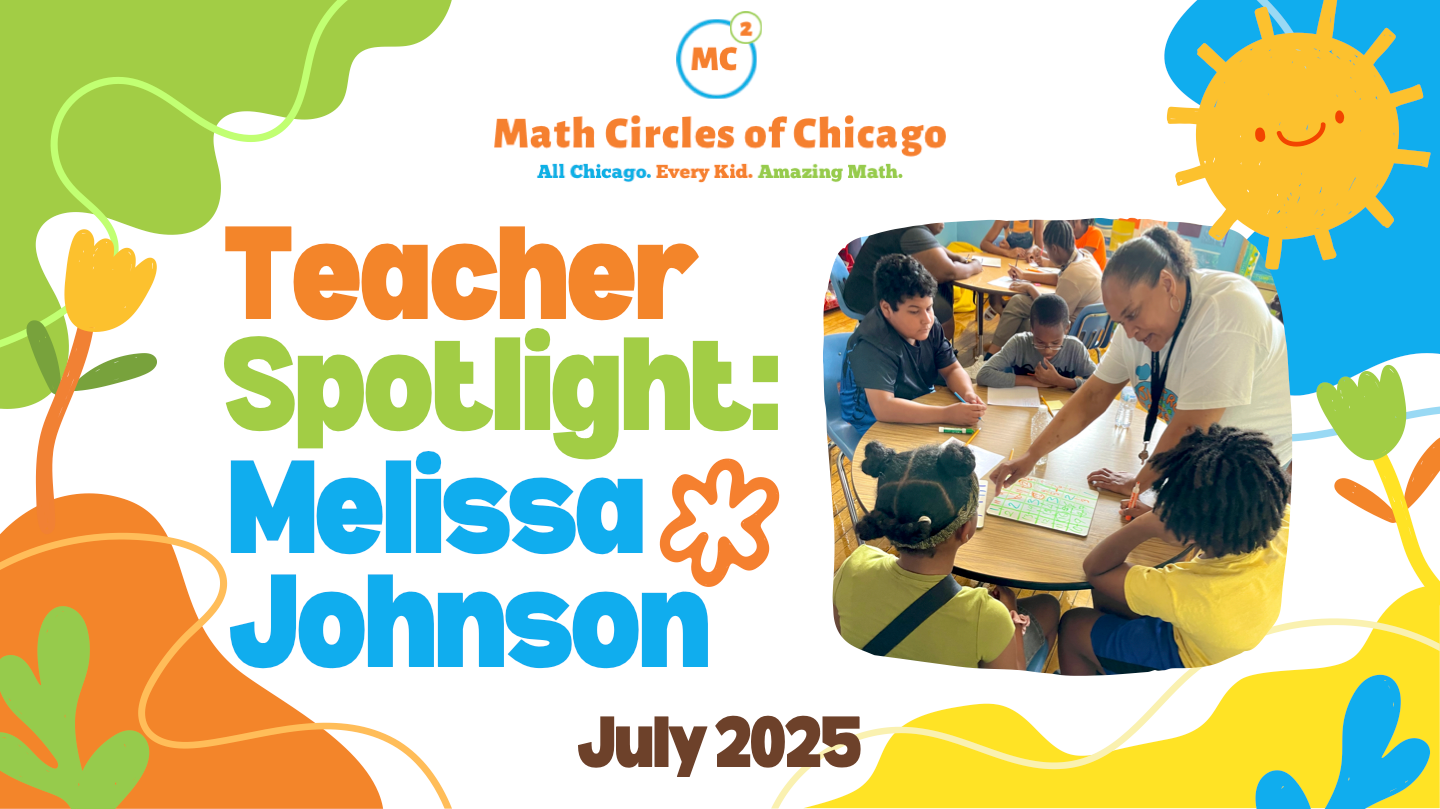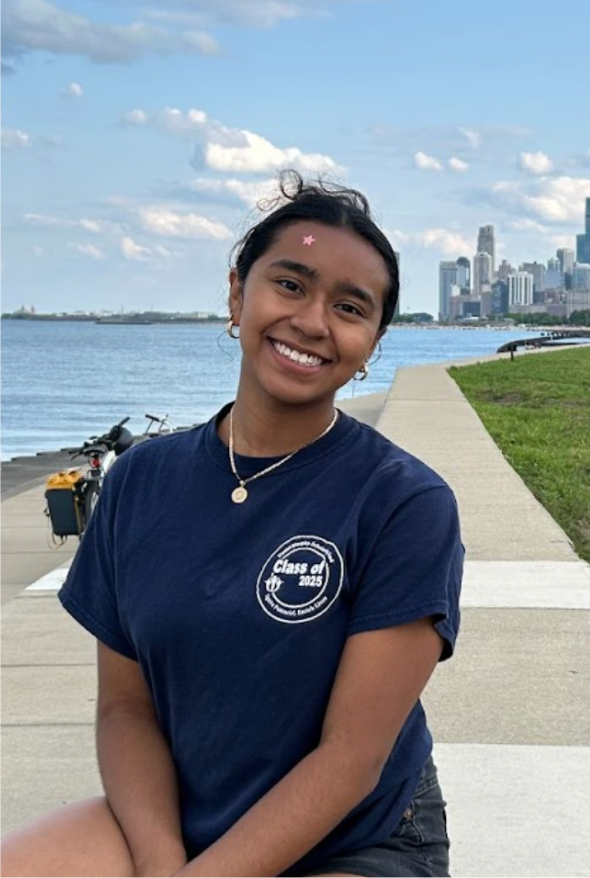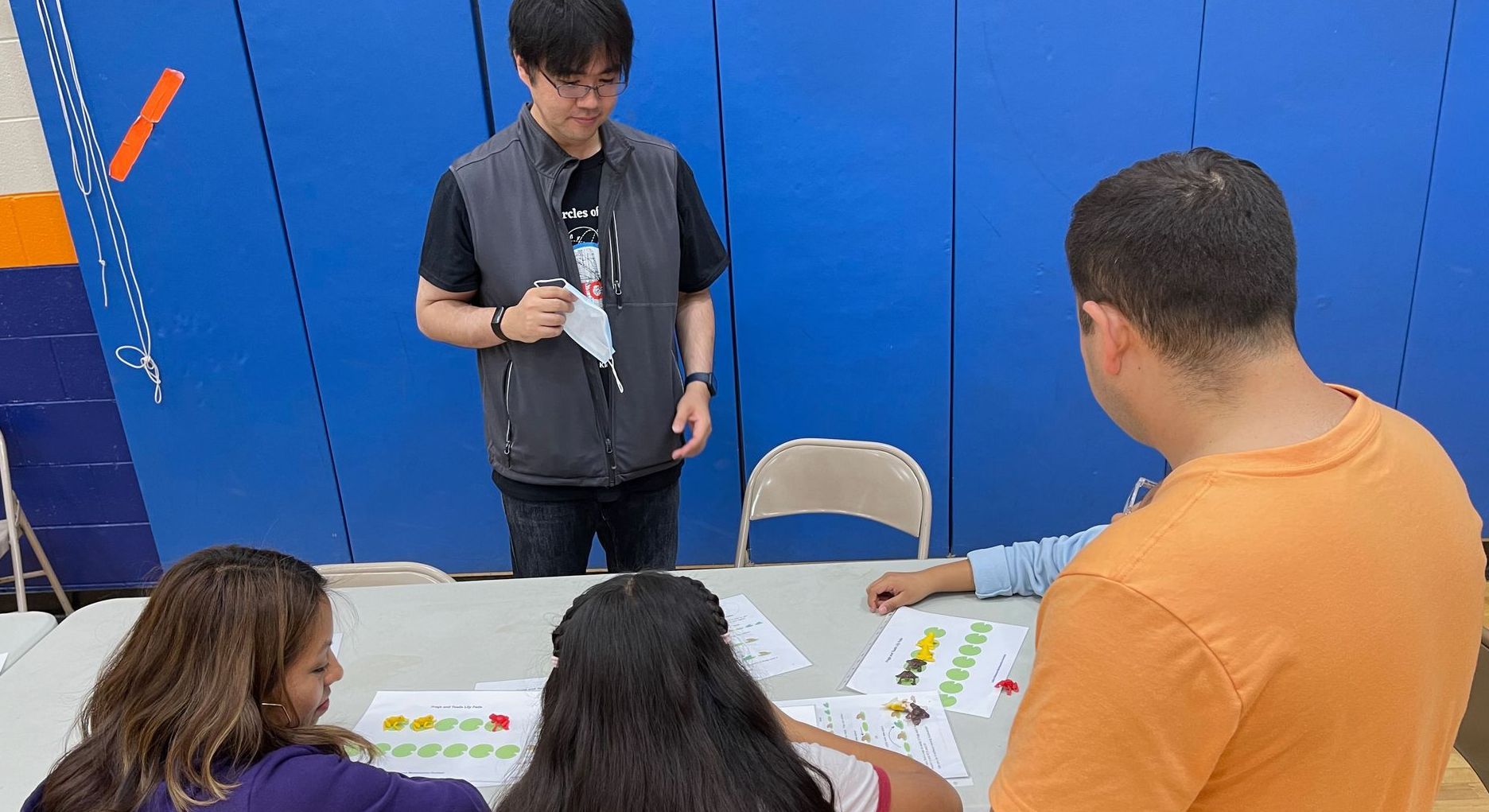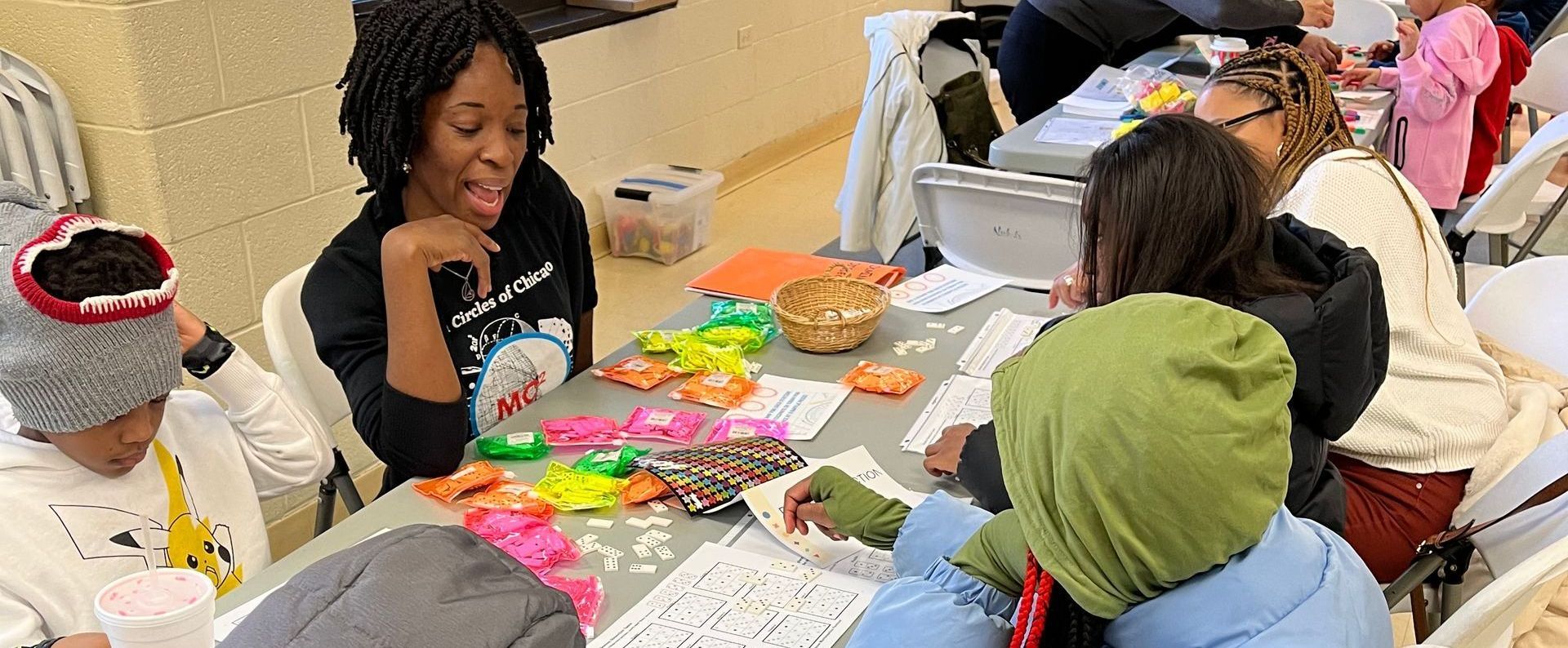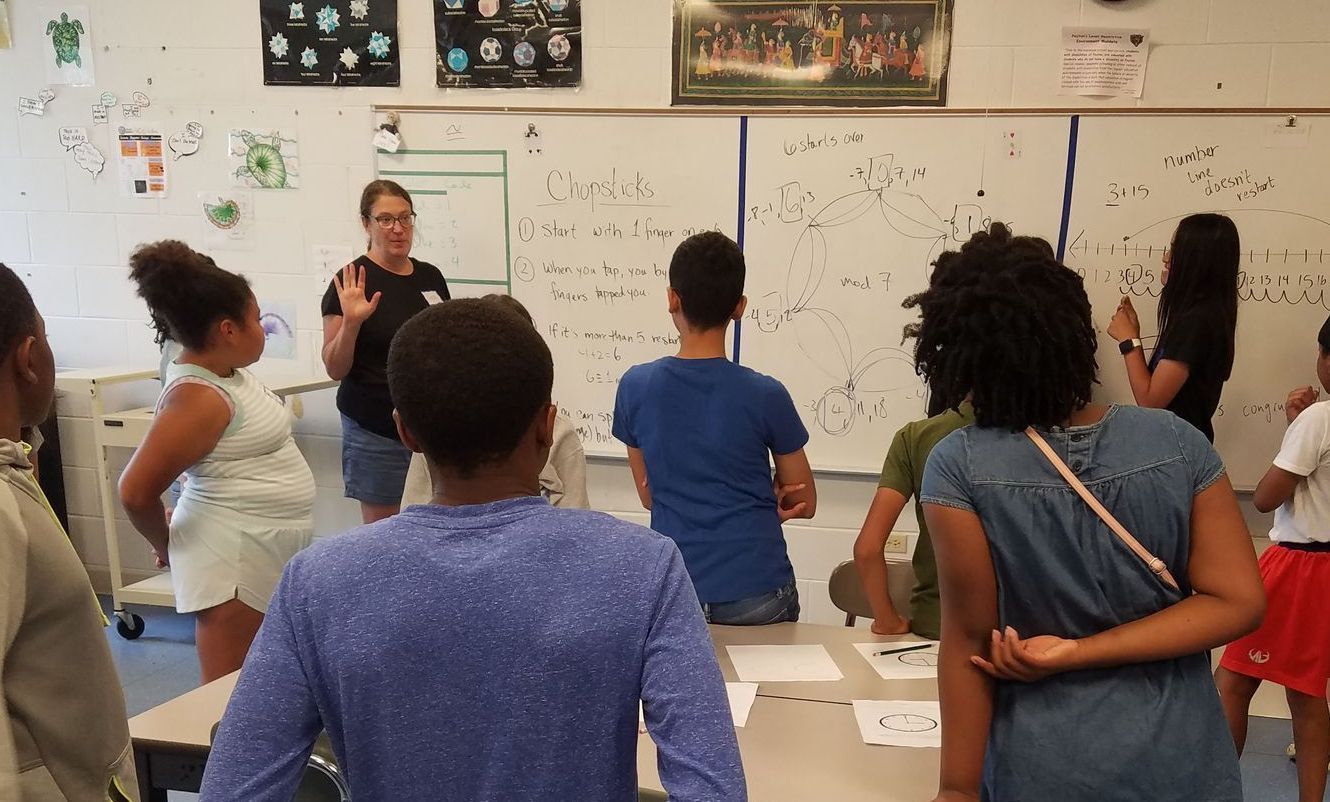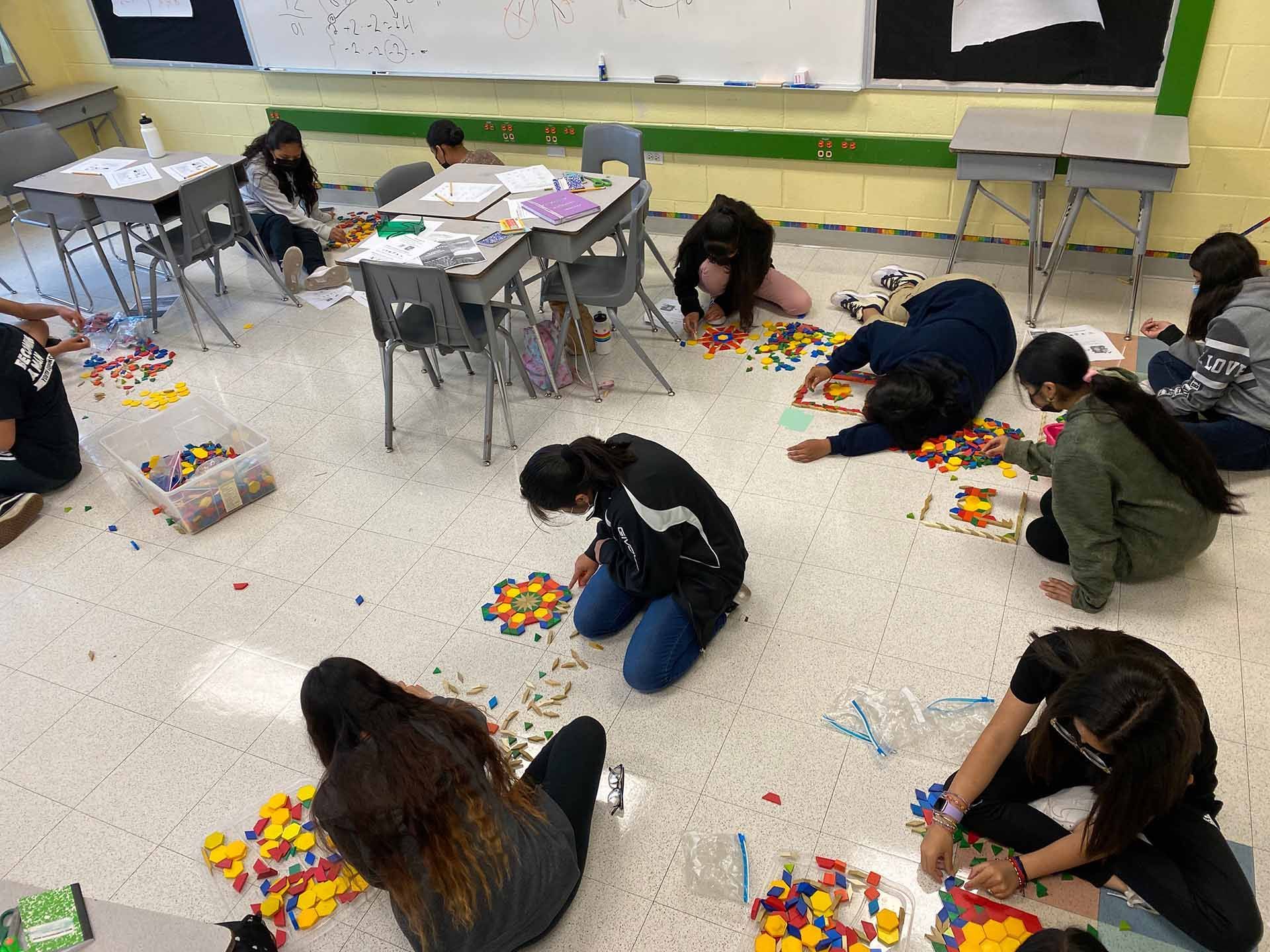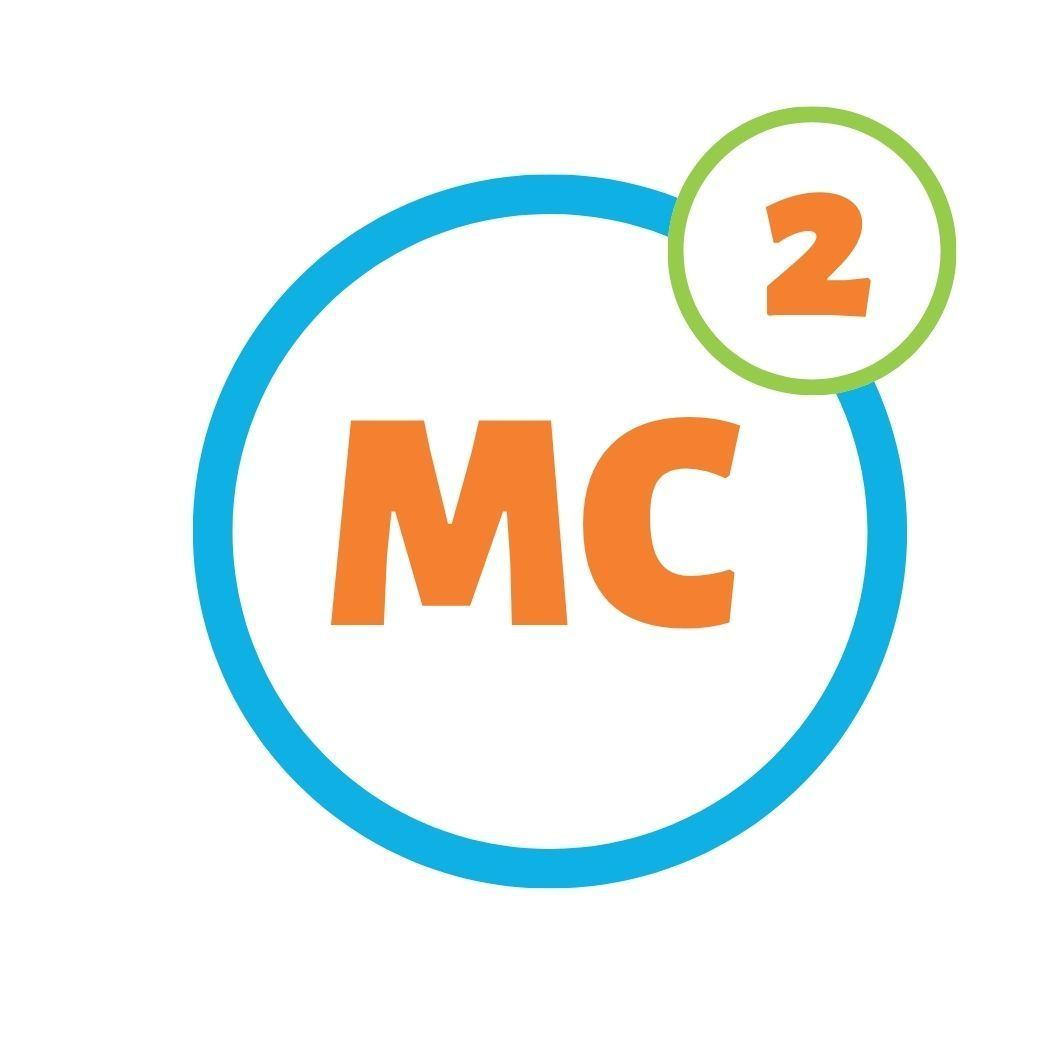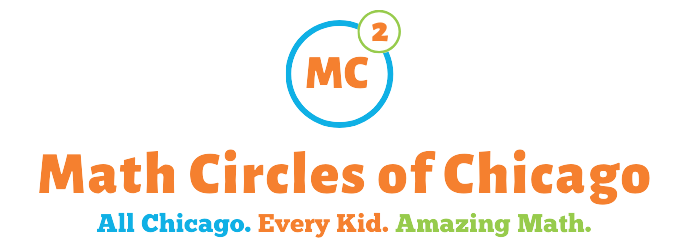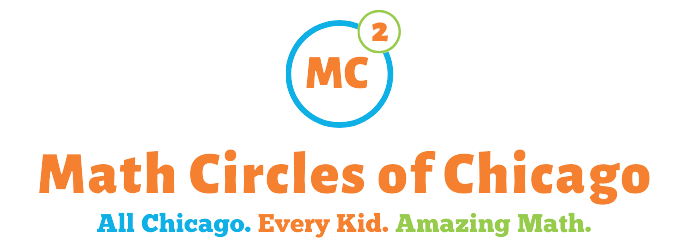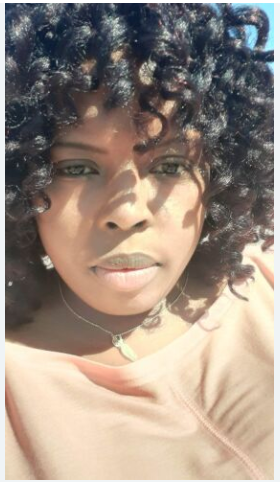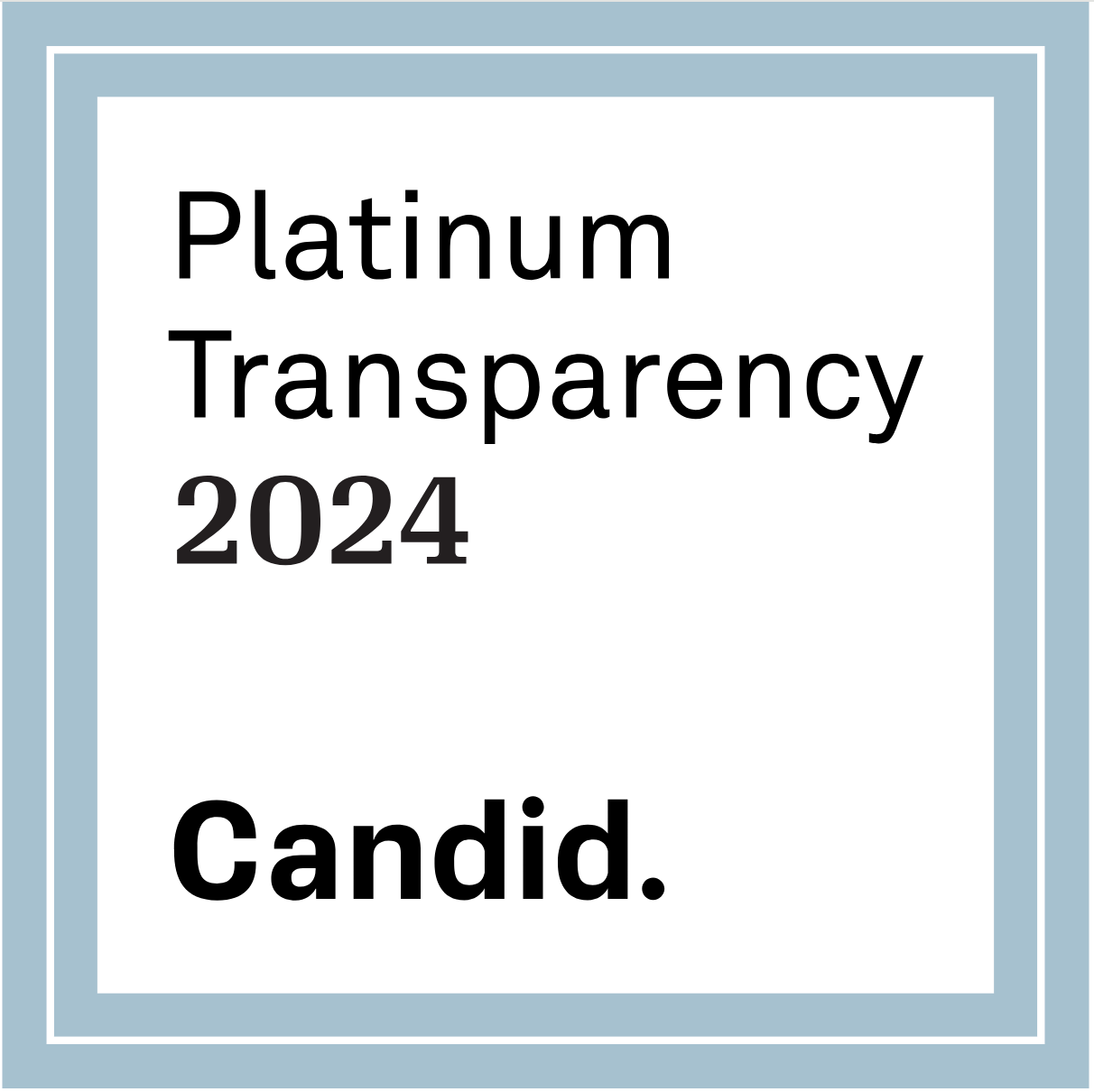I used to be hesitant in building a math circle session around tricks, but I’ve come to appreciate their place. On MC2 Parent Surveys, we often get responses like this: “I can see my child’s curiosity about math is sparked–she tells me about what she did afterwards and has to tried to have me play along with games she learned.” There’s a place for puzzles, tricks, and games that students can share with a parent or sibling.
For this ‘At Home Math Circle’, I encourage the kid to read the directions and then try it out with a parent! Note: You’ll need a standard deck of cards for each trick, and a standard die for the 2nd.
1. Piles to King
Note: It’s essential that your deck of cards be a complete deck with 52 cards–no cards missing, no jokers!
Step 1: Deal a card face up. Say it’s a 6. Continue to deal the cards face up on top of that 6, and in your head count up to king. Count in your head–so you’d deal the 6, then count 7,8, 9, 10, jack, queen, king to make a pile (to be clear, the value of the cards will likely not be be 7, 8, 9, etc.; it’s just a way to keep track of how many cards should be in your pile). Note that if the pile starts with 6, it will have 8 cards. If you start with a 3, you’ll get a stack with 11 cards; a stack that starts with a king will only have that one card!
When your count gets to king, that pile is done. Keep making other piles in the same manner. Make 4 or 5 piles.
Step 2: Turn all of the piles upside down. Ask the subject/parent/victim of your trick to hand you all but three piles. Take the cards that you are handed and put them with the unused remainder of the deck.
Step 3: Have the subject turn over the top card of two of the remaining piles. Take the deck and count out the number of cards corresponding to the cards that are revealed. If you see a 3 and a queen, count out 3 cards, then count out 12 cards (a queen is a 12, a king is 13, and a jack is 11; aces are 1’s). Important : After that, deal out 10 more cards.
Step 4: Count the remaining cards in your hand. Suppose there are six; announce that the remaining card on top of the third pile is a six (if there are 11, you’d say jack). Then turn the top card over on the final pile, to the amazement of all (assuming you’ve done your arithmetic right!)
Tips:
- Do all of the counting in your head. This will make the trick more mysterious.
- You can make as many piles as you want, just don’t run out of cards. For example, if you are close to running out, and you deal out an ace, that pile would have 13 cards–if you run out, the trick won’t work if you make that pile!
2. The 3 and a Half of Clubs

Note: You can buy a three and a half of clubs card online, but, at the moment that may be hard to do. Alternatively (ask your parents if this is ok), draw on the three of clubs and make it a three and a half.
Step 1: Put the three and a half of clubs 9th from the top of the deck. Shuffle the deck, but don’t disturb the 9 cards at the top!
Step 2: Invite the subject to deal out 20 cards, face down, one on top of the other.
Step 3: Have the subject then remove from 1 to 9 cards–their choice–from the top of this new stack. (They shouldn’t tell you the number they chose).
Step 4: Have the subject figure out how many cards remain in the pile. This is a two digit number. Have them add those digits together, and then remove that many more cards. (If there were 14 cards left in the pile, they would remove 1+4=5 cards).
Step 5: Have the subject roll the die but not show you the result. Tell them that the average of the top and bottom of the die will be the same number as the card at the top of the stack.
If they laugh at you because the average is 3 and a half, great, because you know what’s going to happen!
Extensions:
- Try to think about why each trick works.
- For Piles to King, how would you have to adjust the trick if there were four piles and the top card were revealed for three of them?
